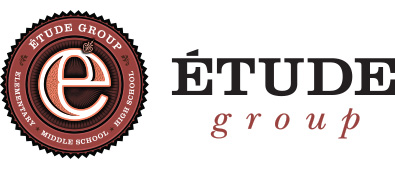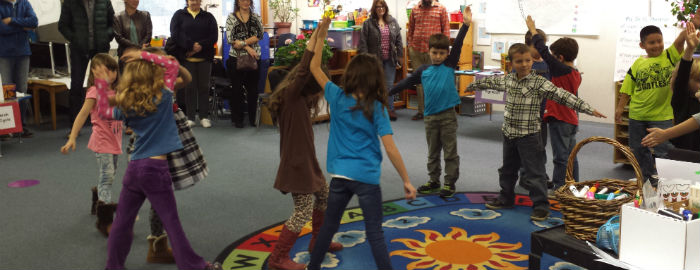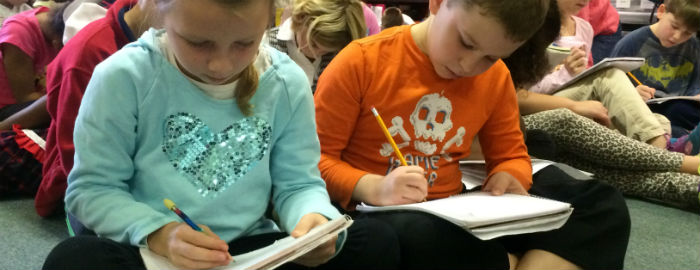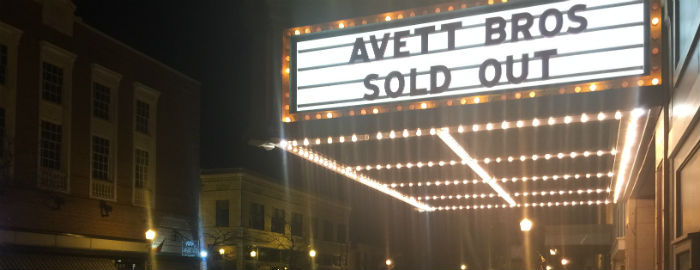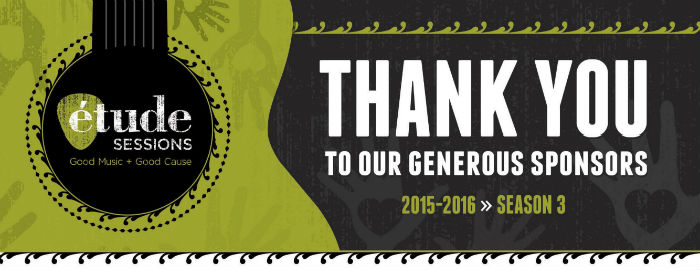by: Janelle Bane
A Trimester of Bee Research and Learning with the Fourth and Fifth Graders
In the first trimester of the year, the fourth and fifth graders of ESAA studied ecosystems. What better way to study ecosystems than through the lens of bees and their contribution to a healthy environment. To begin, each class performed a “Generate and Sort” thinking routine that helped to grasp knowledge students already had about bees and captured all the questions students have about our buzzing friends. This research continues throughout the trimester, learning more about bees to better understand why they are important to our ecosystem, and culminating in a final project to help support bees and their important work.
To begin, students either alone or in partners, grabbed a pile of sticky notes and wrote down every single question they had about bees, one question per note. Questions can be be big and general like, “How are bees important?” to the specific, “Do bees have tongues?” All questions are good questions.

What questions do I have about bees?
At the end of the question-writing time, students pooled all of their sticky notes together. As you can imagine, this generated a lot of questions! Looking them over, students noticed that some people had the same questions. They also noticed that some of questions were on the same theme. For example, the previous question about the tongues of bees and one asking how bees eat might be grouped into the same category. At every step, students decided which questions belonged together, and when a new category needed to be created. Grey areas occur when a question may fit into two or more categories. Take the question, “How do bees make honey with their bodies?” Does this have to do with bee anatomy or honey? This situation came up several times in each class, and each time the students voted.

This process repeats until all of the questions are in a group with similar questions and a category name. Again, students decided what to call each group. Some examples are: Life of A Bee, Bee Temperament, Bees vs. Wasps, Hives, Bees and Humans, Parts of a Bee, and more. Students then decided which topics interested them the most and were given that topic to research. They also have a set of handy questions to focus their research. Each group used reference books, internet sources and experts to answer their questions.
Once their research was complete, each group designed a fun and informative way to present their research to the rest of the class. The Life of A Bee group created a board game in which the players are bees and roll the dice through various perils and events of a bee’s life. The Hives group in Mrs. Evenson’s class created a flashy informational poster, showing what a hive looks like and presented facts about them. The presentations all included a Ladder of Feedback from the rest of the class, providing an opportunity to ask clarifying questions and provide feedback about each presentation and how clearly they presented their research.
Later in the trimester, the three classes visited Maywood for a presentation on bees, see a living beehive and got to play some role-playing games, like the “waggle dance” to learn about bee communication. This inspired more research to come up with ways they can extend their recently gained knowledge to help out bees, which will in turn help out us humans and the environment in general. Each classroom was responsible for one aspect: Mr. Scharenbroch’s class designed blueprints for their own beehives, Mrs. Gauger’s class created plans for a pollinator garden, and Mrs. Evenson’s class worked on communicating how to help bees out to the community.
by: Janelle Bane
Giving Tuesday: Fantastic Ways to Show Your Love for Étude
Tomorrow, December 1st, is a day that has become widely known as *Giving Tuesday*[http://www.givingtuesday.org/about/], a term coined by the 92nd Street Y in New York City in 2012. Falling in line after Black Friday, Small Business Saturday, and Cyber Monday, Giving Tuesday is a day dedicated to giving to charities and causes you care about. Now, you can include The Étude Group of Schools in your #GivingTuesday plans through the Étude Sessions.
by: Ted Hamm
Presentations of Learning: Thoughts as a Parent and Advisor
Dear Families,
by: Ted Hamm
Have A Playful Thanksgiving!
As we head into Thanksgiving weekend, I want to wish everyone a playful Thanksgiving and encourage everyone to take time for a little free play. Free play is cited has helping build resilient children in a recent article titled, "How Free Play Can Define Kids’ Success". The article points out that creative play can help our kids develop resiliency by developing:
by: Janelle Bane
With Amazon Smile, Your Purchases Help Build Community
Here at The Étude Group of Schools, IDEAS Academy, The Mosaic School, and Elementary School for Arts and Academics, we value not only the community within our walls, but what impact we make as individuals and as a group in our larger community. Through project-based learning, we can situate our academic learning into real-life, relevant issues in our community like monarch migration[/elementaryschool/esaa-blog/first-grade-exhibitions-of-learning-why-are-butterflies-important/], native species awareness[/middleschool/mosaic-blog/mosaic-at-maywood-native-animals-and-energy-transfers/], and high school health[/highschool/ideas-blog/ideas-human-anatomy-and-physiology-class-hold-health-fair-at-school/]. If this is something you value, we'd like you to consider supporting us in our mission[/about-us/educational-program/].
by: Janelle Bane
First Grade Exhibitions of Learning: Why are Butterflies Important?
The first grade students of ESAA have spent the trimester exploring the question, “Why are monarch butterflies important?” Butterfly habitats, conservation, and the environment in general is an extremely relevant topic at the moment and also provides many opportunities to incorporate science, literacy, movement, and music.
by: Janelle Bane
Parent Connections: Literacy at ESAA
*Tuesday, November 17th at 6:30 pm*
by: Janelle Bane
Avett Brothers Rock Downtown Sheboygan
The Avett Brothers November 8th, 2015 played to a sold-out, high-energy crowd at the Stefanie H. Weill Center in Downtown Sheboygan. This concert marked the second performance of Season Three of The Étude Sessions and the first held at the venue.
by: Janelle Bane
Thank You to The Étude Sessions Season Three Sponsors
*We'd like to introduce you to our Season Three sponsors!*
by: Janelle Bane
Community Art Project at ESAA: The Process of Building Identity through Color, Shapes, and Symbols
If you have recently gone through Door 8, the door at the very back of the school, you may have noticed a new work of art on the wall. This piece was created by each ESAA student to represent the school as a group of individuals, classrooms and the school community as a whole. This was the first time a school-wide art project has been attempted at ESAA using observations and thinking routines with a professional work of art as inspiration.
